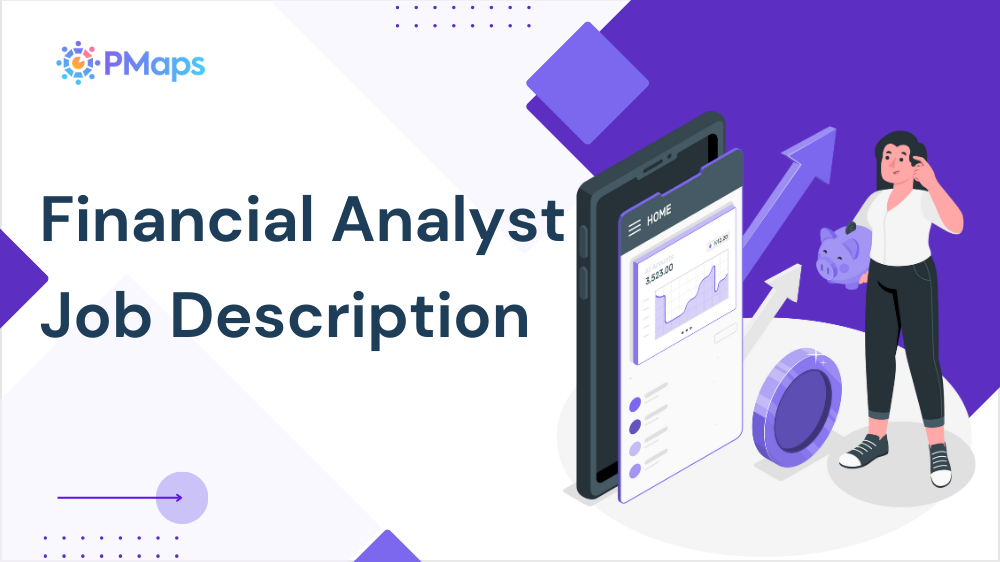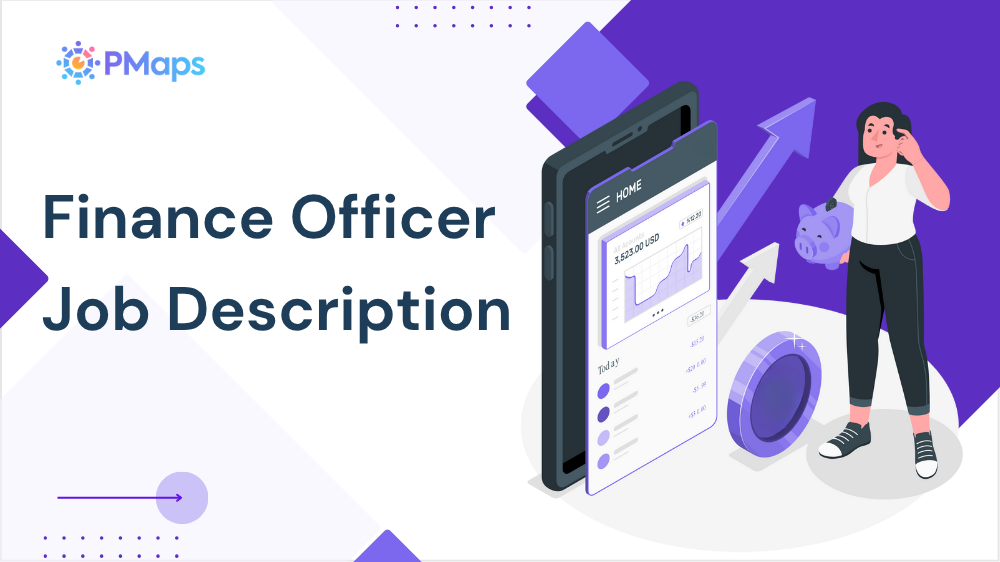
Financial advisors shape more than portfolios—they influence real-life decisions about security, opportunity, and planning for the future. This financial advisor job description outlines a role that supports individuals and businesses in navigating financial choices with precision and integrity.
Whether embedded in HR-led employee benefit programs or engaged in client-facing investment advisory, this financial advisor role demands a balance of regulatory knowledge, market understanding, and human insight. It's designed for professionals who turn financial strategy into actionable plans with lasting impact.
Financial Advisor Roles & Responsibilities
A clear list of financial advisor responsibilities helps candidates visualize their impact, whether they’re supporting individuals with personal planning or advising organizations on financial wellness programs. This role blends analysis with human insight to build financial confidence and accountability.
- Client Consultation: Conduct discovery meetings to assess financial goals, risk tolerance, and investment preferences.
- Portfolio Planning: Create tailored investment strategies that align with client objectives and compliance standards.
- Financial Forecasting: Use models to project returns, simulate risk, and recommend optimal allocation plans.
- Regulatory Compliance: Ensure all recommendations comply with financial regulations, disclosure norms, and internal policies.
- Performance Monitoring: Track investment outcomes and adjust plans based on market shifts or life changes.
- Product Education: Clearly explain investment products, retirement tools, tax strategies, and insurance options.
- CRM & Documentation: Maintain detailed client records, communication logs, and financial plans within approved platforms.
- Cross-Team Collaboration: Partner with HR, legal, or benefits teams to support employee advisory programs when relevant.
Hiring for trust and tact? Start with the Financial Advisor Test.

Objective of the Financial Advisor Role
The core purpose of a financial advisor role is to translate financial complexity into confident decision-making. Whether advising clients on investments, retirement, or budgeting, the objective is to enable long-term financial health while ensuring every recommendation aligns with individual goals and compliance standards.
- Empower clients to make informed financial decisions through strategic guidance and education.
- Ensure alignment between personal or organizational goals and financial planning strategies.
- Enhance retention and satisfaction by offering value-driven financial support in employee benefits or advisory services.
- Maintain integrity and trust through compliant, transparent, and ethical financial practices.
- Support growth, wealth accumulation, and financial resilience through tailored investment plans.
Qualification and Skill Requirements for Financial Advisors
The ideal financial advisor job profile requires more than market knowledge—it demands ethical judgment, analytical depth, and interpersonal trust. These qualifications help ensure every advisor can deliver meaningful and compliant financial guidance.
- Educational Background: Bachelor’s degree in Finance, Economics, Business, or a related field; certifications like CFP, CFA, or SEBI licensing are preferred.
- Experience: 2–4 years in wealth management, investment advisory, or financial planning.
- Financial Knowledge: Strong grasp of asset classes, portfolio strategy, taxation, and retirement planning.
- Compliance Literacy: Familiarity with local financial regulations, fiduciary standards, and disclosure norms.
- Advisory Skills: Ability to tailor advice based on client objectives, risk profiles, and financial life stages.
- Tech Proficiency: Use of financial planning software, CRM tools, and data modeling platforms.
- Interpersonal Communication: Trust-building through clear, jargon-free explanations and active listening.
- Ethics & Confidentiality: High standard of professionalism in managing sensitive financial information.
Find the client-fit—ask smarter with Financial Advisor Interview Questions.
Perks and Benefits of the Financial Advisor Role
An effective financial advisor job description should reflect the value you place on trust, performance, and long-term growth. These role-specific benefits help attract candidates who see advisory work as both a profession and a purpose.
- Incentive Structures: Competitive base with performance bonuses or client-retention incentives.
- Client Portfolio Ownership: Opportunities to manage and grow a personal book of clients.
- Learning Access: Sponsored certifications (CFP, CFA), market training, and investment planning courses.
- Hybrid Work Options: Flexibility for client meetings and advisory sessions, both virtual and on-site.
- Advisory Tech Stack: Access to cutting-edge CRM, planning, and risk-assessment tools.
- Recognition Culture: Milestone awards, advisor-of-the-month programs, and leadership visibility.
Tips for Employers to Craft an Effective Financial Advisor JD
A compelling financial advisor job description helps set the right expectations for performance, ethics, and client engagement. These employer-focused tips ensure the role is positioned clearly within your hiring goals:
- Define Client Base: Specify whether the advisor will serve individuals, employees, or corporate clients.
- Clarify Licensing Needs: List mandatory certifications (e.g., CFP, NISM, IRDAI) to streamline applicant quality.
- Highlight Advisory Focus: Make it clear if the role leans more toward investment planning, retirement, or insurance advisory.
- Show Long-Term Value: Emphasize career progression into senior advisor, portfolio strategist, or wealth head roles.
- Avoid Sales-Only Framing: Position the advisor as a planner and guide, not just a financial product pusher.
- Mention Ethical Expectations: Reinforce confidentiality, transparency, and fiduciary responsibility in your JD tone.







